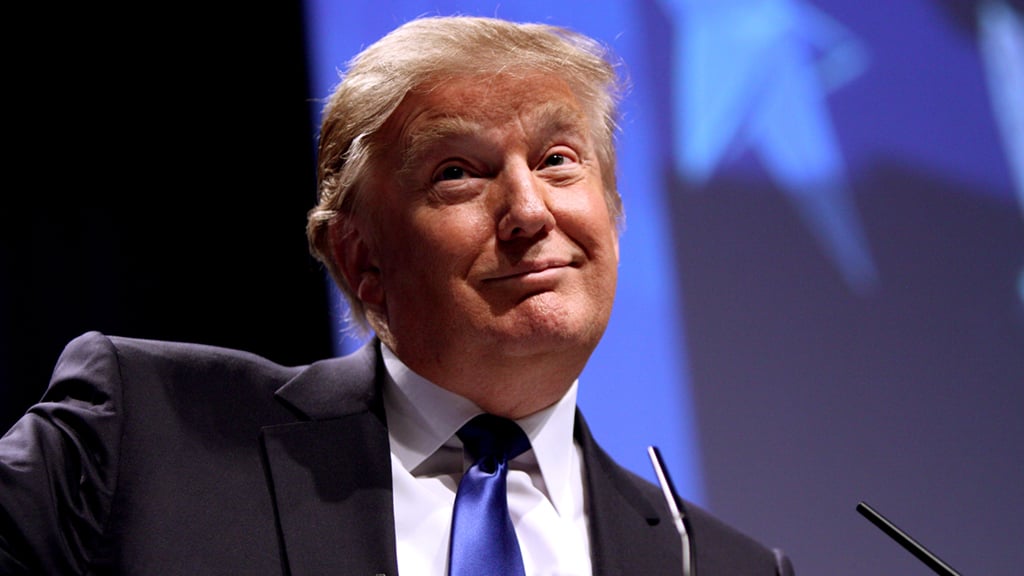In earth-rumbling testimony today at the trial of Roger Stone, jurors learned that Donald Trump had foreknowledge of the WikiLeaks plan to dump Democrats’ stolen emails in the summer of 2016. The revelation came during testimony from Rick Gates, an associate of Paul Manafort, who said that the campaign was well aware of the WikiLeaks connection, and that Trump boasted of it himself. If true, Gates’s testimony contradicts Trump’s own written answers to Robert Mueller, which claimed he never spoke with Stone in the six months before Election Day—surely a major development.
Except it isn’t a major development: it’s a rehashed one. It’s been sitting in plain sight for eight months, on page 54 of Volume 1 of Robert Mueller’s report to Attorney General William Barr:

What’s legible in the text is that Gates witnessed Trump as he boasted about his foreknowledge of the WikiLeaks plot. What isn’t legible is who made the phone call in question—a detail that was redacted on the basis of “Harm to Ongoing Matter,” presumably the prosecution of Stone.
That’s where William Barr comes in. A total of approximately 246 lines of text are redacted in the Mueller Report, a process that Barr directly oversaw. There are various compelling and justifiable reasons to use redactions—protecting grand jury secrecy rules, or not tainting a jury pool for a future trial. The question was, would Barr deploy this rationale in a way that would allow the public to fully evaluate the merits of the president’s defense? Or would he live up to some Republicans’ gleeful hopes that he’d be Trump’s first “fully operational confirmed Attorney General”?
Gates’s “revelation” inches us closer to the obvious answer. Redacting Stone’s involvement prevented Americans from seeing a barefaced contradiction in Trump’s written testimony—that he never spoke with Stone, an almost certain lie, and thus played a direct, knowing role in strategic interactions with an intermediary acting on behalf of Russian operatives. If Barr couldn’t share that information directly with the American people, he could have shared it with Congress—or at least not have given a press conference that essentially exonerated Trump of wrongdoing, when he knew, as no one else could, that there were details hiding in his own redactions that suggested the opposite.
It’s good that reporters are treating Gates’s testimony as a revelation—the more people who know about it, the better—but the fact that it’s being received as news suggests something else. Between falsely spinning the report at a major press conference in March, and then redacting key elements to Trump’s advantage, Barr has slow-walked a key epiphany, slowly leaking the air out of an otherwise national outrage.
There’s one key difference between then and now: Democrats have won the right to see the unredacted report. What other Trump prevarications and falsehoods are hiding behind those black bars? Congress may soon know—but we won’t. Sitting members of the House still can’t share the report’s unredacted details with the public.
At the time that Barr gave his press conference—which feels like a millennia ago—those with an interest in preserving the rule of law feared that Americans were watching their own attorney general in the midst of manufacturing a cynical triumph. Today suggests they were right.


















